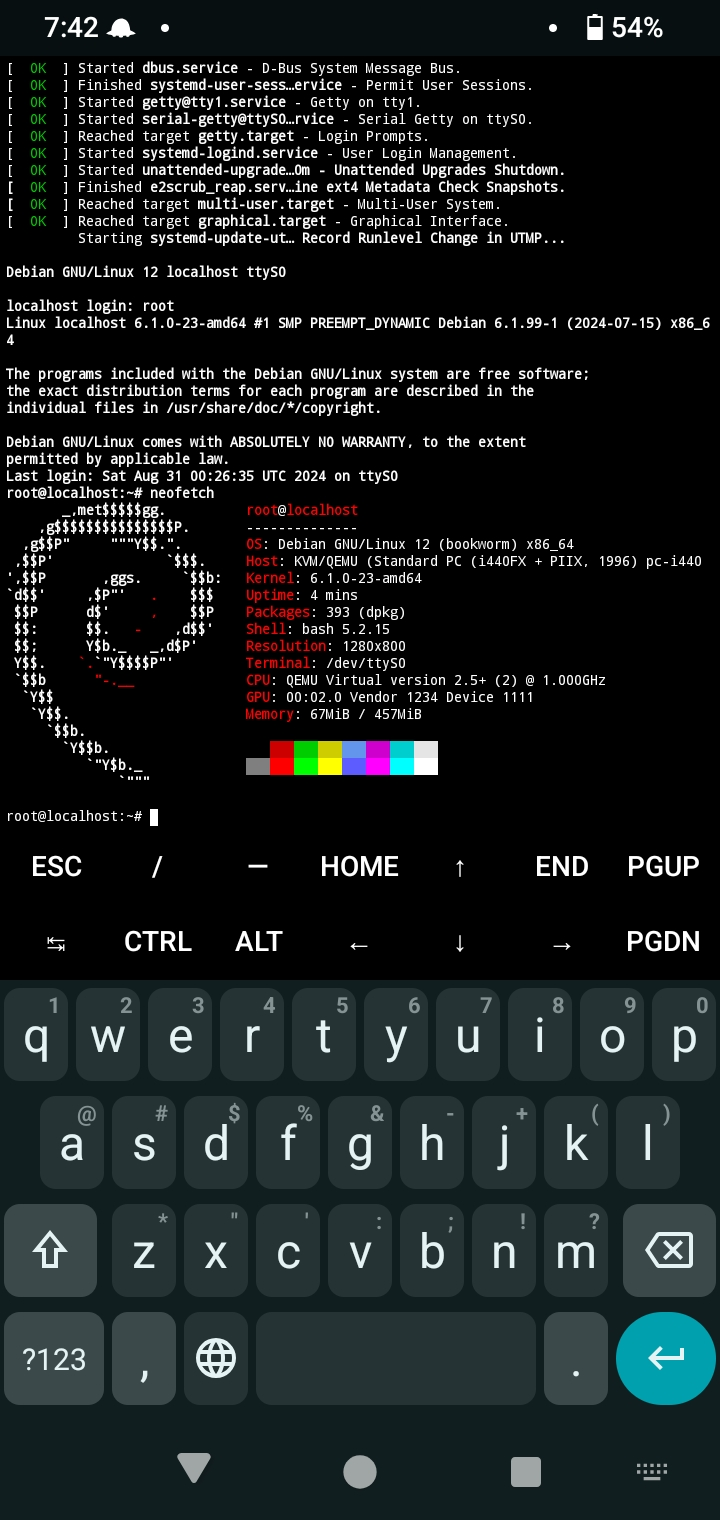this post was submitted on 31 Aug 2024
163 points (94.5% liked)
Linux
48965 readers
1945 users here now
From Wikipedia, the free encyclopedia
Linux is a family of open source Unix-like operating systems based on the Linux kernel, an operating system kernel first released on September 17, 1991 by Linus Torvalds. Linux is typically packaged in a Linux distribution (or distro for short).
Distributions include the Linux kernel and supporting system software and libraries, many of which are provided by the GNU Project. Many Linux distributions use the word "Linux" in their name, but the Free Software Foundation uses the name GNU/Linux to emphasize the importance of GNU software, causing some controversy.
Rules
- Posts must be relevant to operating systems running the Linux kernel. GNU/Linux or otherwise.
- No misinformation
- No NSFW content
- No hate speech, bigotry, etc
Related Communities
Community icon by Alpár-Etele Méder, licensed under CC BY 3.0
founded 5 years ago
MODERATORS
you are viewing a single comment's thread
view the rest of the comments
view the rest of the comments

Call it a difference of opinion that I don’t believe it should try to be bit-accurate for floating point. But, it’s a valid position to take. There are many use cases for QEMU. In this case where we emit some host instructions I do believe it’s still within the helper function instead of inline which is not ideal. The guest code using floating point in the first place to me implies some degree of inaccuracy is permissible and this is the position that some cross architecture game emulators take. But again, I suppose it can depend what code you wish to run.
QEMU is always going to focus on emulation fidelity first and there are few shortcuts. With floating point the differences aren't generally in the numbers but in how the NaNs and other edge cases are handled. If you want to execute FP heavy code you should be cross compiling anyway.